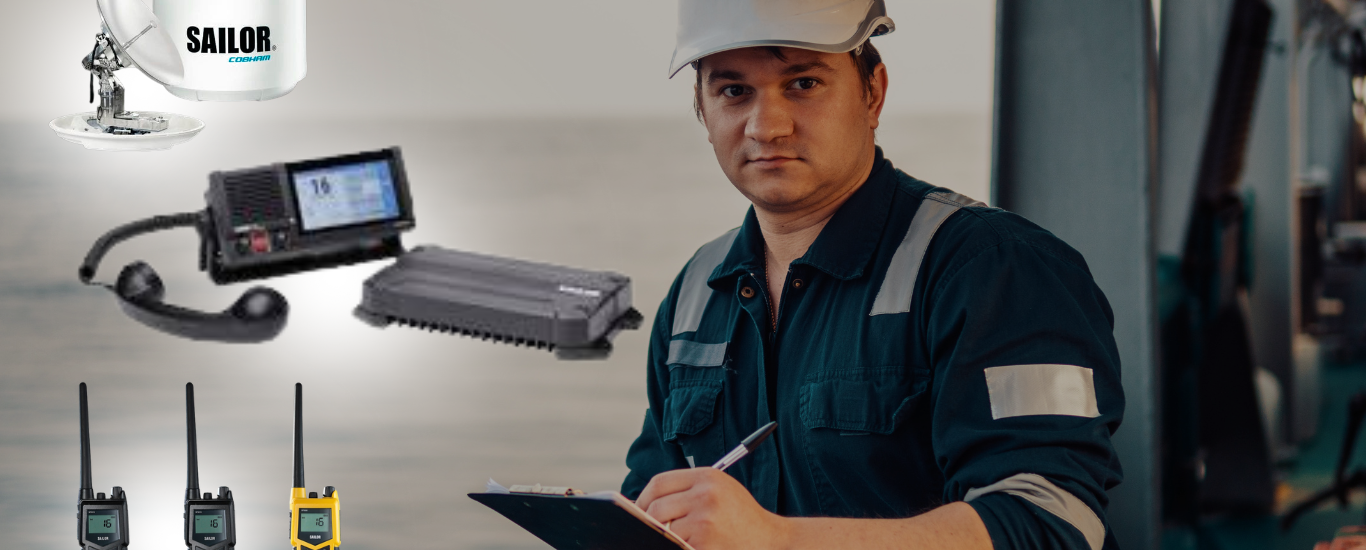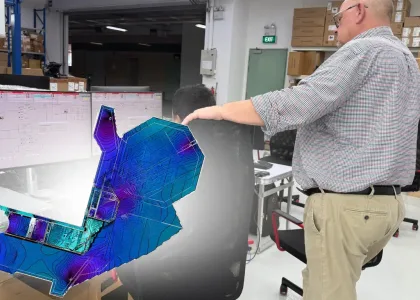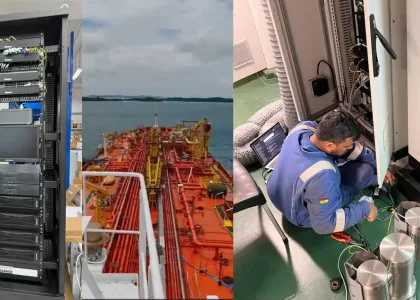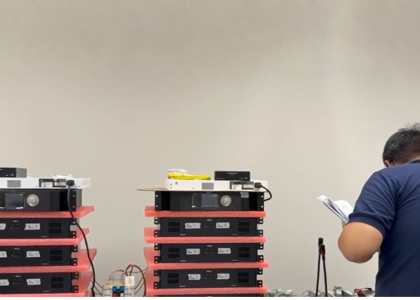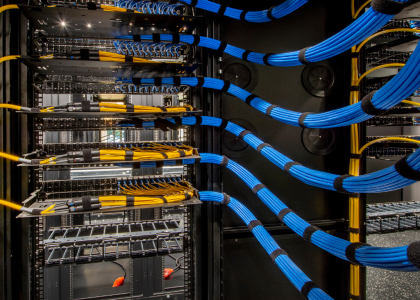In the offshore industry, reliable offshore communication is not just a necessity, it’s a lifeline. Whether on oil rigs, FPSOs or offshore support vessels, maintaining seamless communication is crucial for safety, efficiency, and operational success.
Why Reliable Offshore Communication Matters
Lorem ipsum dolor sit amet, consectetur adipiscing elit. Ut elit tellus, luctus nec ullamcorper mattis, pulvinar dapibus leo.
Ensuring a stable and secure communication system offshore is critical for several reasons:
- Emergency Response – Immediate communication can mean the difference between life and death during critical situations.
- Operational Efficiency – Reliable communication ensures smooth coordination between offshore and onshore teams, reducing downtime and improving productivity.
- Crew Safety & Welfare – Keeping crew members connected with families and emergency services improves morale and well-being.
- Regulatory Compliance – Adhering to international safety standards ensures lawful and secure offshore operations.
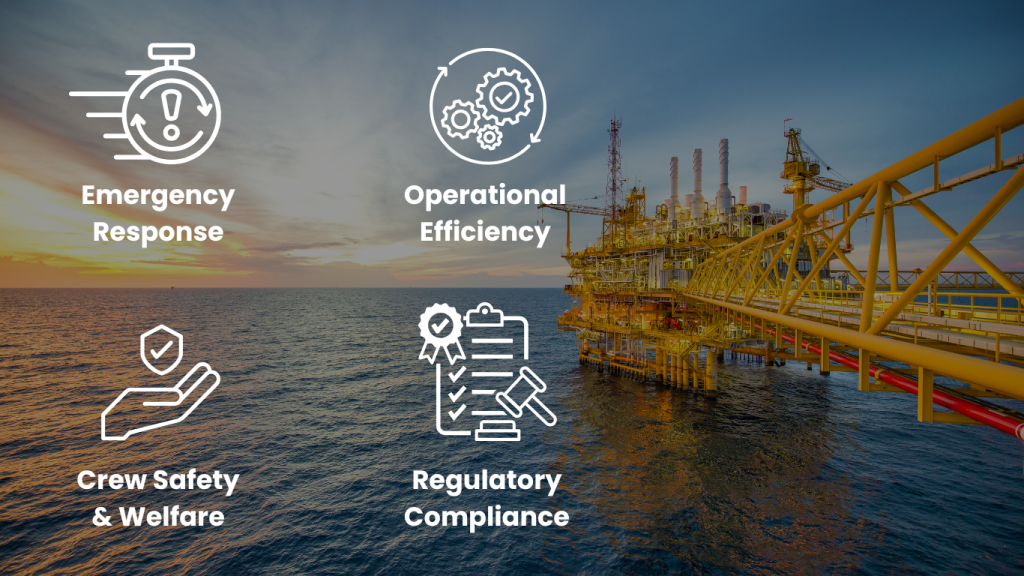
Regulatory Standards: SOLAS and MODU Code
Offshore communication systems must comply with international maritime regulations such as:
1. SOLAS (Safety of Life at Sea) – Established by the International Maritime Organization (IMO), SOLAS mandates that vessels and offshore platforms maintain efficient distress and safety communication. It requires:
- GMDSS Compliance – Use of Global Maritime Distress and Safety System (GMDSS) equipment for emergency and distress communication.
- VHF and MF/HF Radios – Installation and maintenance of radios for ship-to-ship and ship-to-shore communication.
- Emergency Beacons (EPIRBs & SARTs) – Emergency Position Indicating Radio Beacons (EPIRBs) and Search and Rescue Transponders (SARTs) for distress alerts.
- Public Address & Alarm Systems (PAGA) – Required for alerting crew in emergencies.
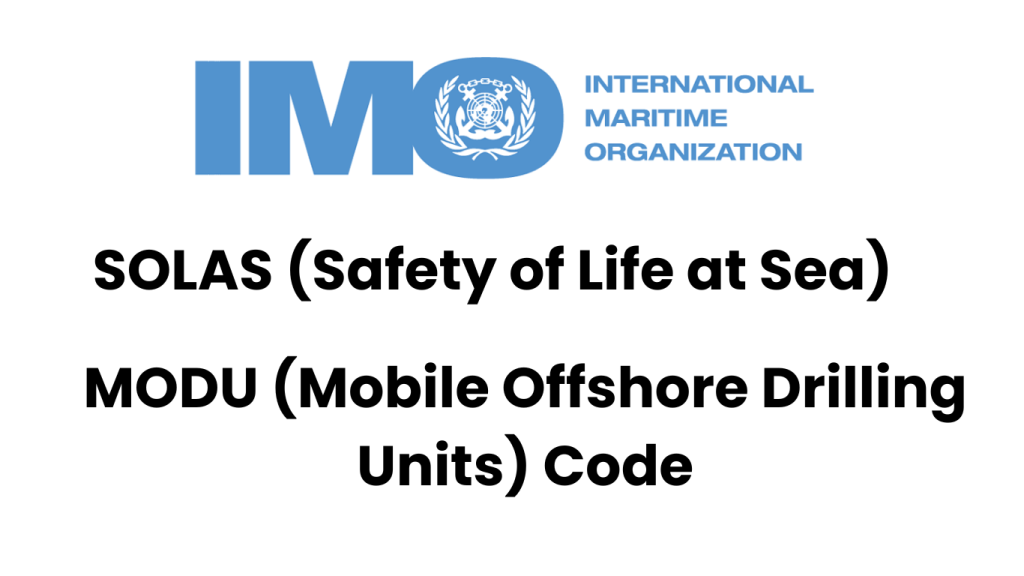
2. MODU (Mobile Offshore Drilling Units) Code – Specifies communication and safety equipment requirements for offshore drilling units to ensure operational safety and emergency preparedness. It requires:
- Primary & Backup Communication Systems – Offshore units must have redundant communication channels for emergency response.
- Radio Equipment for Internal & External Communication – Reliable UHF/VHF and satellite systems must be in place.
- Emergency Alarms & General Communication – PAGA and intercom systems should be operational at all times.
Challenges of Offshore Communication
Operating in remote marine environments comes with several challenges, including:
- Harsh Weather Conditions – Strong winds, heavy rain, and high humidity can affect signal strength.
- Long Distances – Offshore sites are often located far from shore, making traditional communication methods less effective.
- Interference Issues – Multiple radio and satellite signals can cause interference, reducing clarity and reliability.
- Limited Infrastructure – Unlike urban environments, offshore platforms have minimal infrastructure to support wired communication systems.
Key Technologies for Reliable Offshore Communication
Several advanced technologies ensure stable and secure communication in offshore environments:
1. Satellite Communication (SATCOM)
SATCOM provides robust offshore connectivity, enabling voice, video, and data transmission across vast distances. Leading providers like Iridium, Inmarsat, and VSAT (Very Small Aperture Terminal) systems ensure uninterrupted communication even in remote waters.
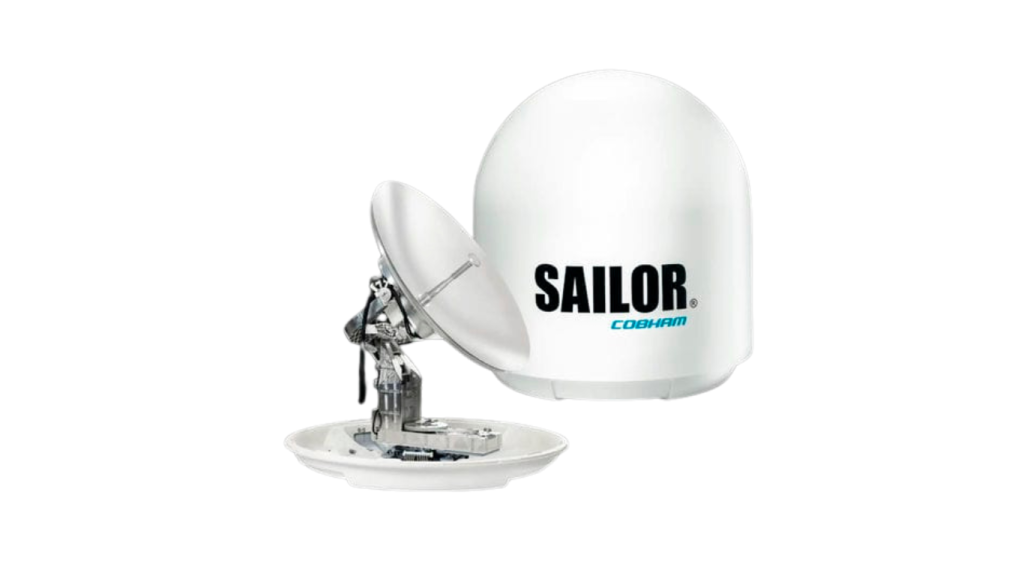
2. UHF/VHF Radio Systems
Ultra High Frequency (UHF) and Very High Frequency (VHF) radios are essential for short-range communication between vessels, offshore platforms, and support teams. Digital UHF systems offer enhanced clarity, reduced interference, and better coverage than analog systems.
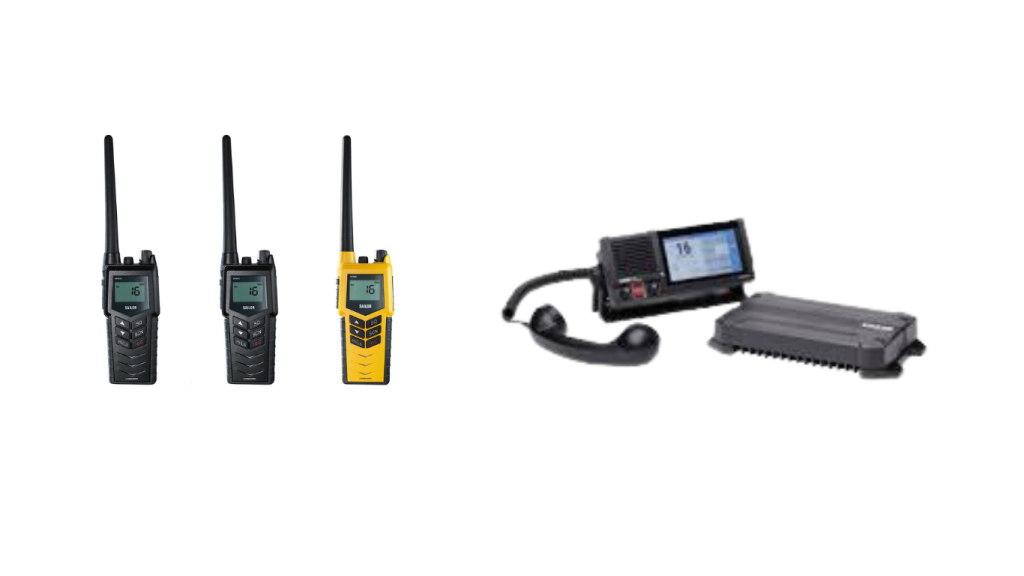
3. PAGA (Public Address & General Alarm) Systems
PAGA systems are critical for emergency communication, allowing real-time alerts and announcements to be broadcast across the entire facility.
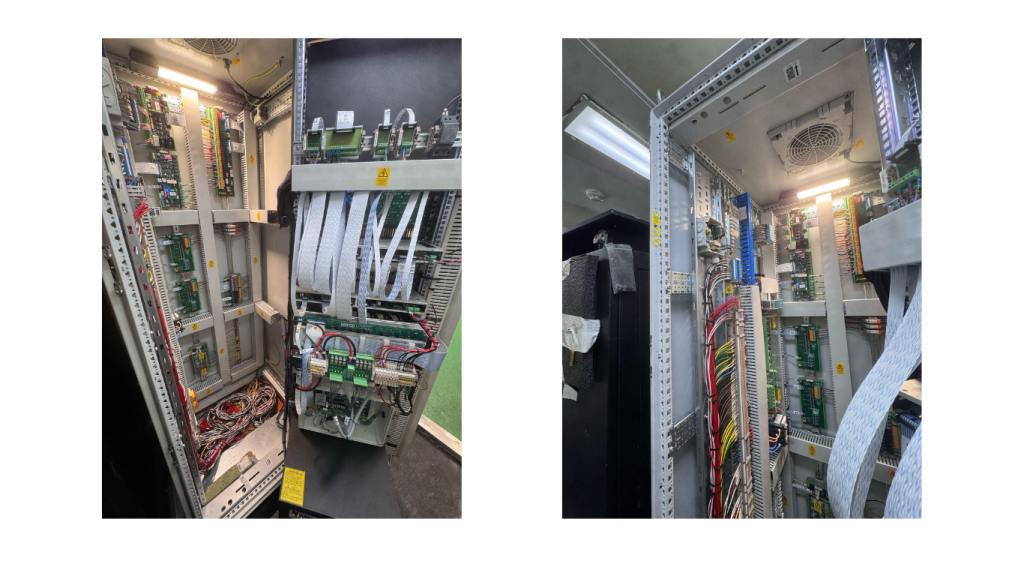
4. IP-Based Communication Networks
Modern offshore platforms use IP-based solutions to integrate voice, video, and data into a unified network. Fiber optic and microwave links improve bandwidth and reliability while reducing latency.
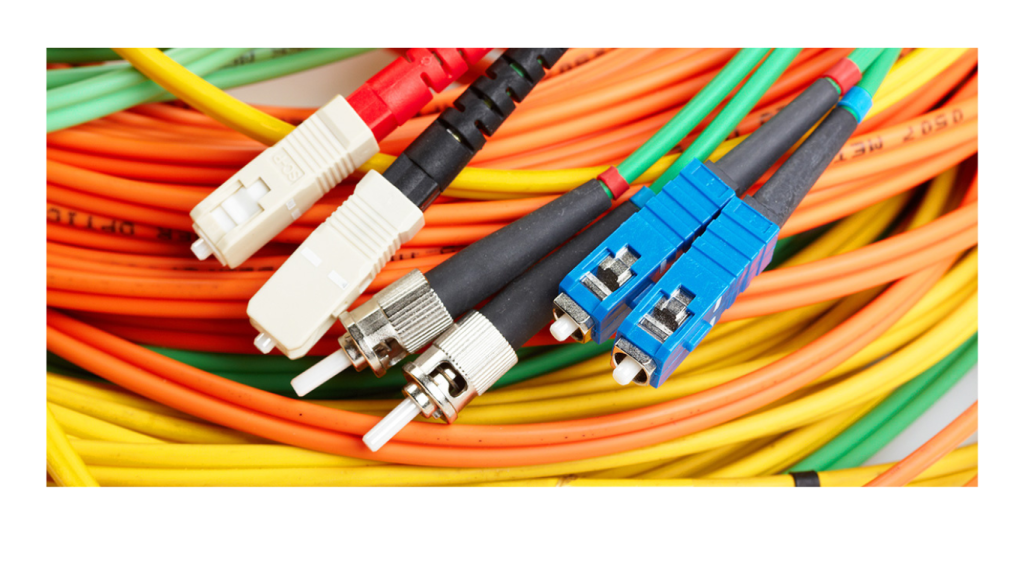
Upgrade Your critical communication systems with Vivo Asia
At Vivo we specialize in provide critical offshore communication solutions. Our team of expert engineers have extensive experience in designing, commissioning, and upgrading reliable systems for maritime and offshore industries.
Whether you need to upgrade your existing communication infrastructure or ensure compliance with SOLAS and MODU Code regulations, we have the right solutions for you.
For expert guidance and tailored communication solutions, get on board with Vivo Asia today!
Reach out to us at contact@vivoasia.com to discuss your requirements.






